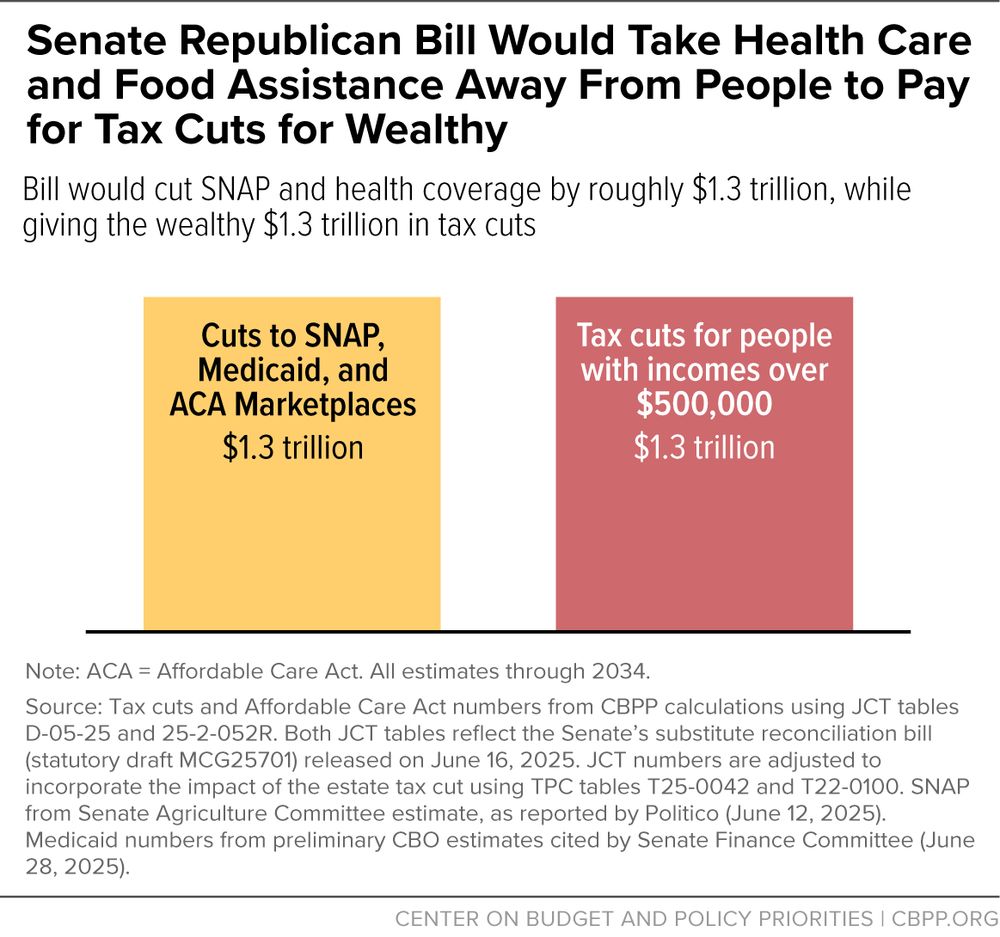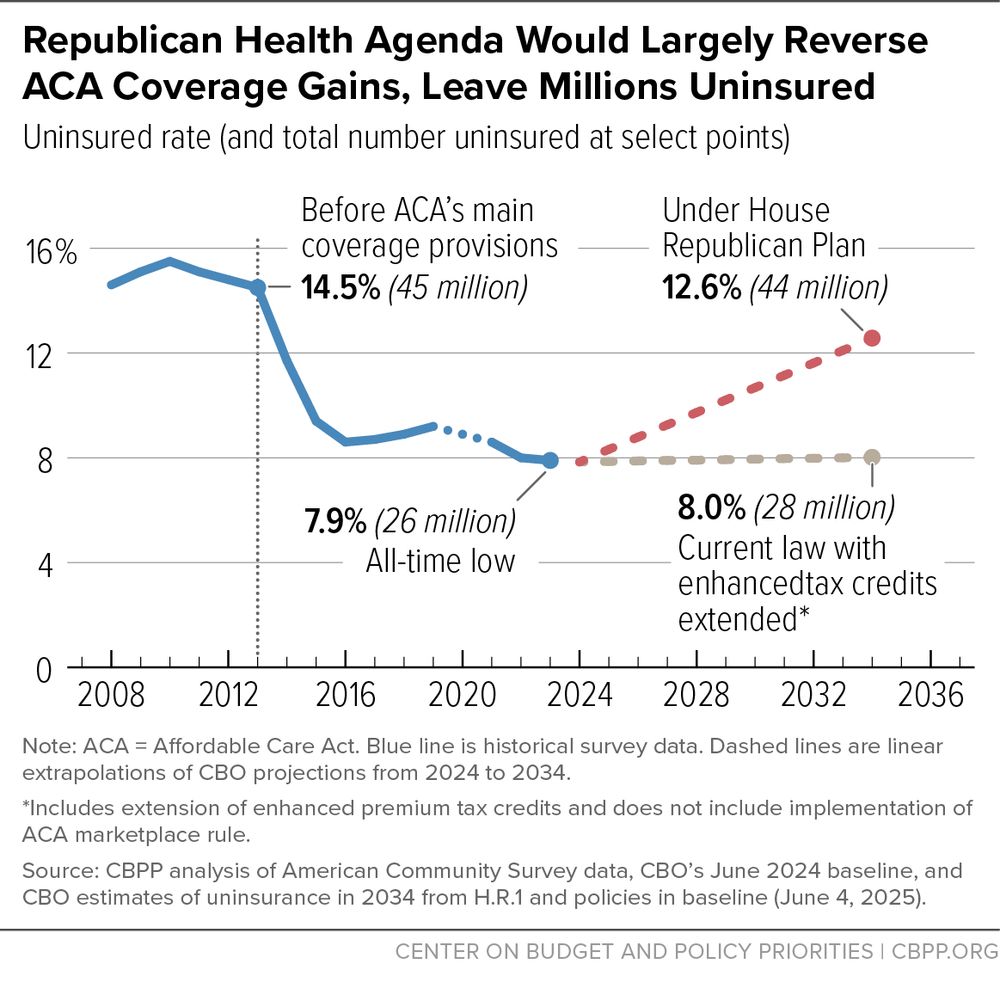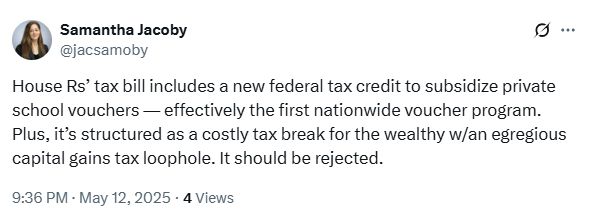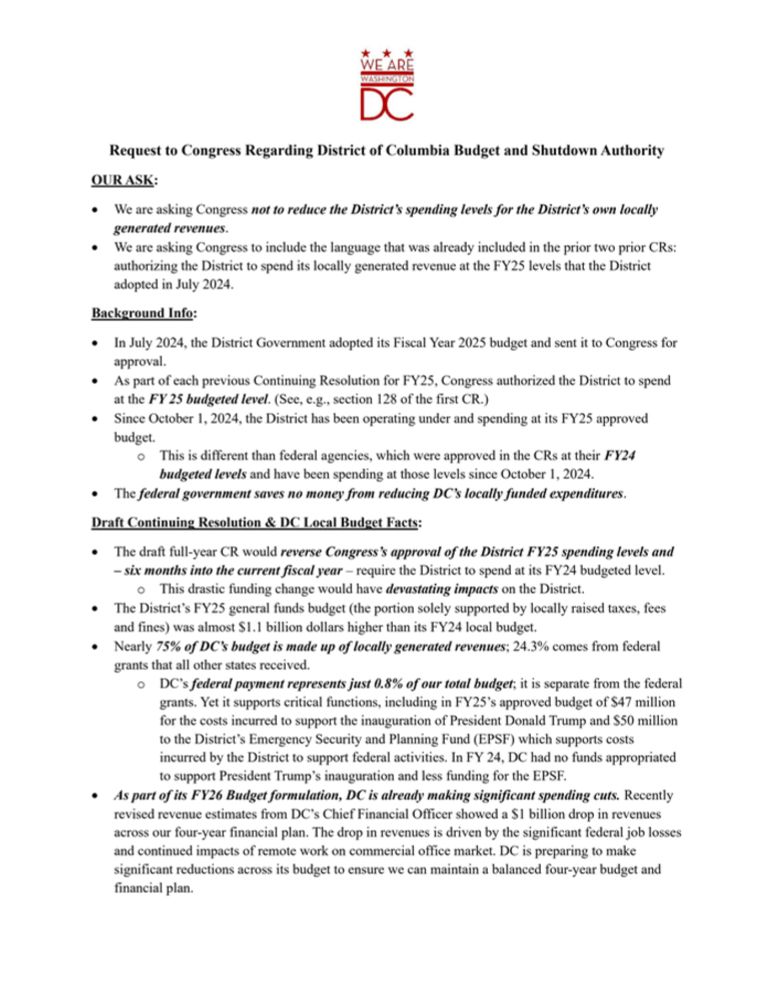Posts
Media
Videos
Starter Packs
Reposted by Mike Leachman
Sarah Lueck
@sarahl202.bsky.social
· Jun 30
Reposted by Mike Leachman
Sarah Lueck
@sarahl202.bsky.social
· Jun 29
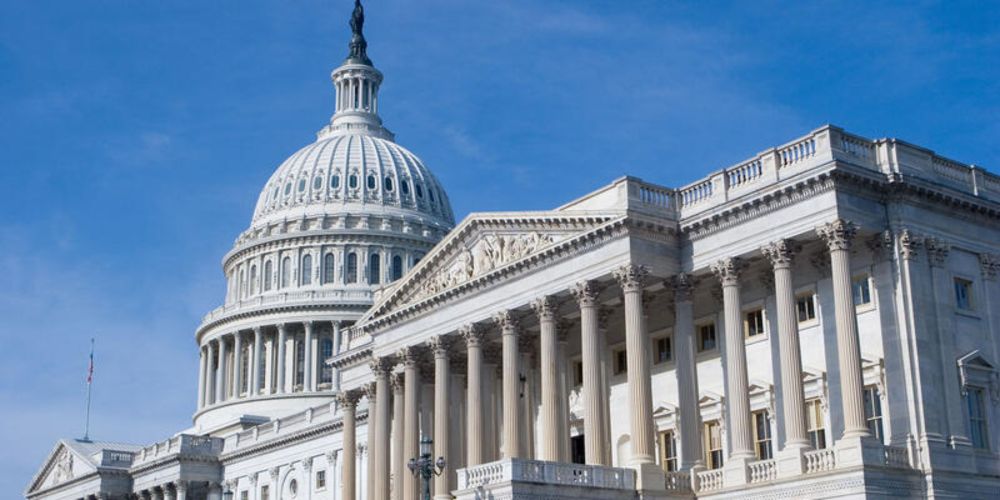
Estimated Budgetary Effects of an Amendment in the Nature of a Substitute to H.R. 1, the One Big Beautiful Bill Act, Relative to the Budget Enforcement Baseline for Consideration in the Senate
As posted on the website of the Senate Committee on the Budget on June 27, 2025
www.cbo.gov
Reposted by Mike Leachman
Reposted by Mike Leachman
Reposted by Mike Leachman
Reposted by Mike Leachman
Reposted by Mike Leachman
Reposted by Mike Leachman
Ty Jones Cox
@tyjonescox.bsky.social
· Jun 21

Chairman Boozman Statement on Ag Committee’s Reconciliation Provisions | The United States Senate Committee On Agriculture, Nutrition & Forestry
WASHINGTON – U.S. Senate Committee on Agriculture, Nutrition, and Forestry Chairman John Boozman (R-AR) issued the following statement on the budget...
www.agriculture.senate.gov
Reposted by Mike Leachman
Kris Cox
@krisycox.bsky.social
· May 10
Reposted by Mike Leachman
Reposted by Mike Leachman
Reposted by Mike Leachman
Mike Leachman
@mleachm.bsky.social
· Apr 1
Mike Leachman
@mleachm.bsky.social
· Mar 25
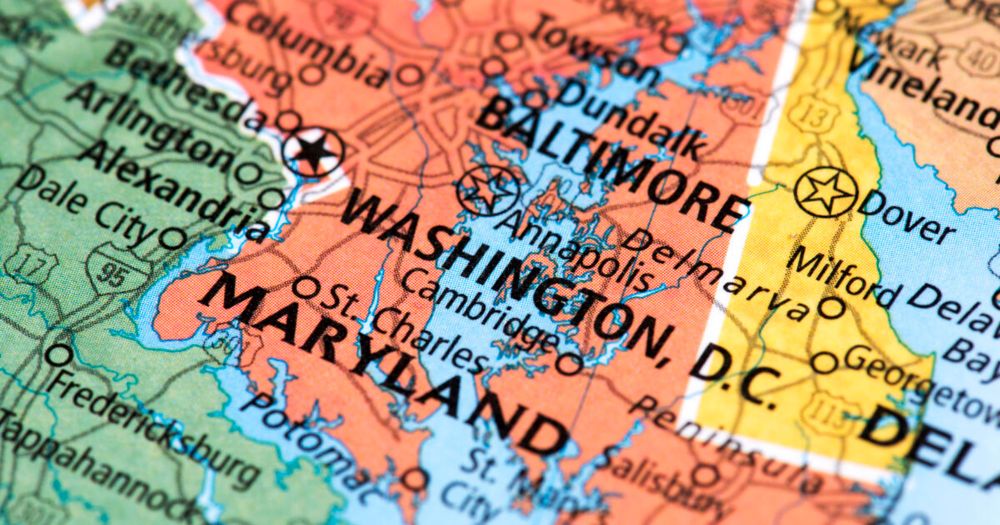
House Must Adopt Senate Plan Allowing D.C. To Spend Its Own Funds | Center on Budget and Policy Priorities
The legislation enacted earlier this month to fund the federal government for the rest of fiscal year 2025 will deeply harm the District of Columbia. It will force D.C. to cut its fiscal year 2025...
www.cbpp.org
Mike Leachman
@mleachm.bsky.social
· Mar 25
Mike Leachman
@mleachm.bsky.social
· Mar 25
Mike Leachman
@mleachm.bsky.social
· Mar 25
Mike Leachman
@mleachm.bsky.social
· Mar 25
Mike Leachman
@mleachm.bsky.social
· Mar 25
Mike Leachman
@mleachm.bsky.social
· Mar 25

